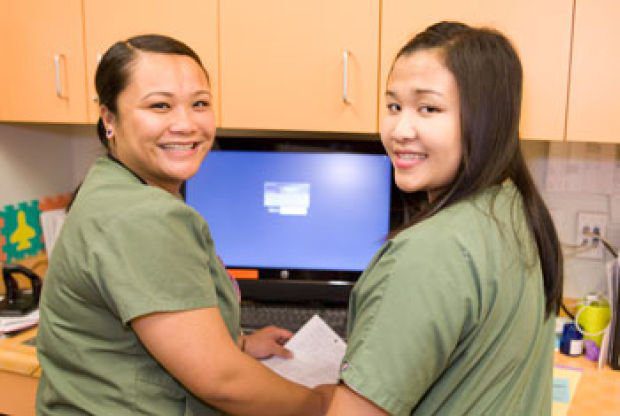New Year, new you? Many of us look toward the New Year as a time for renewal, to resolve to achieve better health. Approximately 40 percent of adult Americans make one or more resolutions each year and individuals who explicitly make resolutions are 10 times more likely to keep them than those who don’t.
UCLA Medical Center, Santa Monica wants to help you keep your resolutions to enjoy better health in 2014 by offering some simple, easy-to-follow health tips. Try to adopt as many as possible in January, or resolve to incorporate a new one each month during 2014 for a healthy new year:
1. Quit smoking. If you smoke, quit! It’s the single best thing you can do to improve your health Smoking-cessation groups can be extremely helpful in achieving this goal, and medications like a nicotine patch can help decrease the cravings.
2. Get adequate sleep. Many studies confirm that getting at least eight hours of sleep each night has many health benefits, including a better mood, reduced the risk of cardiovascular disease and an improved memory.
3. See your doctor. Take care of yourself by scheduling a check-up, vaccination or screening. Regular health exams and tests can help detect problems in their early stages, when chances for treatment and cure are better.
4. Wash your hands. Regular hand washing with soap and water is one of the most effective ways to stop the spread of germs and stay healthy. If soap and water are not available, use an alcohol-based hand sanitizer.
5. Budget your food like your money. To stay nourished while losing weight, take your daily caloric intake (multiply your ideal body weight by 10 and then add another 600 calories if you’re moderately active, a few hundred more if you’re very active), then spread those calories across the day.
6. Drink water. Staying properly hydrated is one of the keys to good health. Since thirst is often mistaken for hunger, drink water to stave off hunger and save unnecessary calories. There also are hidden calories in many drinks, especially coffee drinks and sodas. They are fine as an occasional treat, but water should be your first choice when thirsty.
7. Wear a pedometer. People who regularly wear a pedometer typically walk about an extra mile each day, lose weight and lower their blood pressure. Aim for at least 30 minutes of brisk walking and a total of 10,000 steps per day.
8. Exercise. Being physically active is vital to good health, and both aerobic and strength training should be at the core of your exercise regimen. These activities are especially important for women and seniors to prevent age-related muscle and bone loss.
9. Eat by color. Instead of relying on vitamins for your nutrients, strive to eat a variety of fruits and vegetables to meet daily recommendations. Try to include red, dark green, yellow, purple, blue and orange fruits and vegetables for good health.
10. Know your family’s health history. Many family health issues like heart disease, diabetes or cancer can put you at increased risk for developing the same problems. Keep track of your family health history to share with your health care provider, so he or she can determine appropriate tests and screenings to help guide you toward a healthier lifestyle.
11. Minimize sugar to increase energy. When sugar is decreased from your diet, your energy actually increases. That’s because sugar triggers highs followed by lows that can sap energy levels. Replace sugary foods with foods high in protein to maintain your energy.
12. Get or stay involved. Socially active people tend to be happy people. Consider volunteering or joining a social network to help yourself by helping or connecting with others. There are countless opportunities within your community.
13. Prevent poisoning. Whether they’re drugs, medications, or household chemicals, follow instructions and keep products out of the reach of children. Put the poison control number (800-222-1222) on all phones and make sure family members know when to call it.
14. Protect your skin. Skin protection should be a year-round practice, not just during the summer months. Wear sunscreen, protective clothing and hats and seek shade during the hottest times of the day to help lower your risk for sunburn and skin cancer. Regular skin checks by you and with your doctor can catch potential problems.

